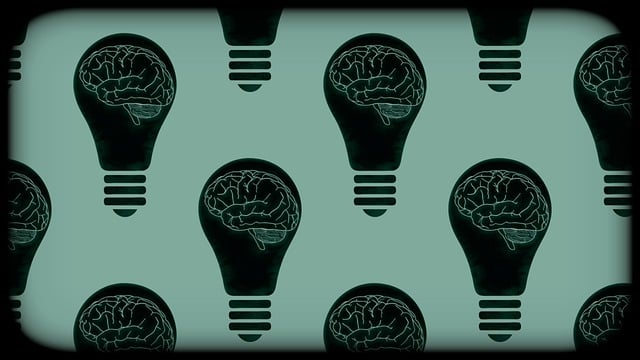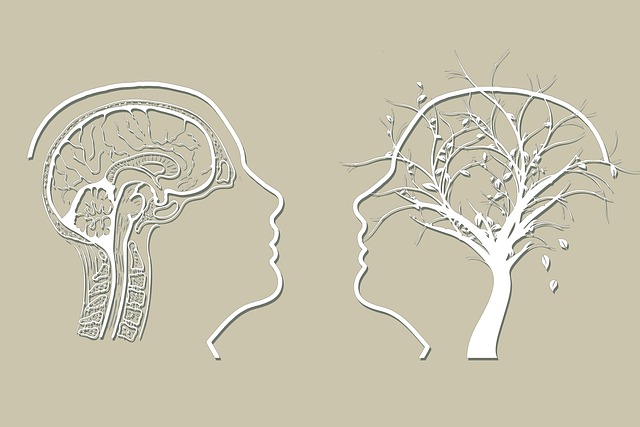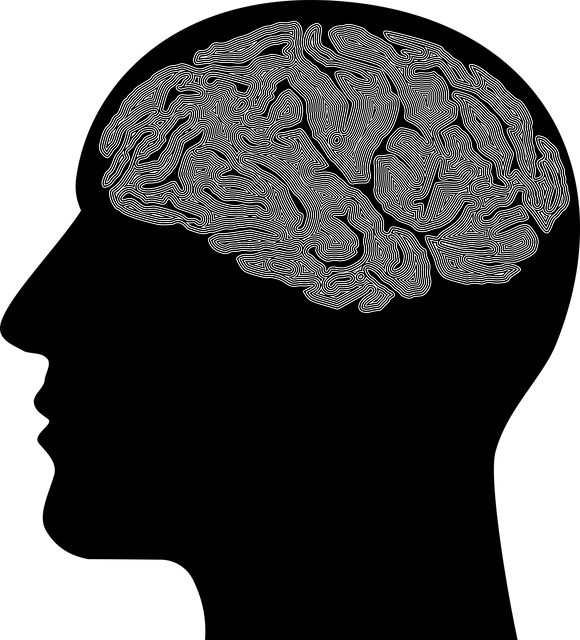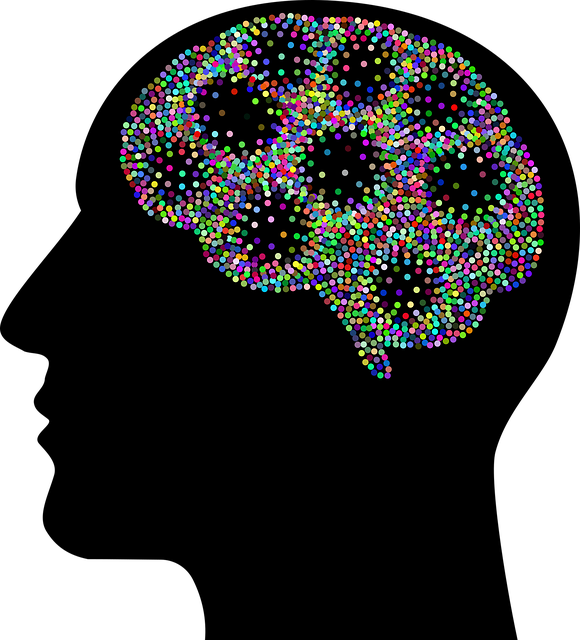Understanding how mental health data is collected, analyzed, and interpreted is essential for effective Golden Phobias Therapy. Therapists use structured interviews, questionnaires, and scales like the Fear Survey Schedule (FSS) to gather detailed information. Data analysis reveals hidden patterns, guides treatment plans, and supports evidence-based interventions such as CBT or mindfulness meditation. Ethical considerations and patient privacy are paramount in this process, with robust safeguards required for sensitive data, especially when leveraging advanced techniques like artificial intelligence. The effectiveness of Golden Phobias Therapy programs can be measured through multifaceted data analysis, including both quantitative (symptom reductions) and qualitative (increased self-awareness, improved self-esteem) metrics, while also considering long-term mental health benefits and burnout prevention strategies.
Mental health data analysis is a crucial step in understanding and improving therapeutic outcomes, especially for niche conditions like golden phobias. This article delves into the critical components of mental health data collection specific to this therapy, while exploring statistical methods to uncover hidden patterns and trends. We discuss how data interpretation personalizes treatment plans and delve into ethical considerations and privacy concerns surrounding mental health data analysis. Additionally, we examine the efficacy of Golden Phobias Therapy programs through measurable outcomes.
- Understanding Mental Health Data Collection for Golden Phobias Therapy
- The Role of Statistics in Uncovering Hidden Patterns and Trends
- Interpreting Data to Personalize Treatment Plans
- Ethical Considerations and Privacy Concerns in Mental Health Data Analysis
- Measuring the Efficacy of Golden Phobias Therapy Programs
Understanding Mental Health Data Collection for Golden Phobias Therapy

Understanding how mental health data is collected is paramount when discussing Golden Phobias Therapy. This involves meticulously gathering information about individuals’ experiences, symptoms, and behaviors related to specific fears or phobias. Data collection methods can include structured interviews, standardized questionnaires, and observation scales tailored to assess fear-related responses. For instance, therapists might use tools like the Fear Survey Schedule (FSS) or specific scales measuring social anxiety to evaluate the intensity and impact of golden phobias.
Effective Golden Phobias Therapy hinges on accurate data interpretation, which aids in tailoring treatment plans. Mental health professionals analyze collected data to identify patterns, triggers, and coping mechanisms associated with the phobia. This involves assessing the frequency and severity of symptoms, environmental influences, and personal histories. By understanding these factors, therapists can design evidence-based interventions like cognitive-behavioral therapy (CBT) or mindfulness meditation, as supported by research in Mental Health Education Programs Design, to help individuals manage and overcome their golden phobias while also addressing underlying Mental Illness Stigma Reduction Efforts.
The Role of Statistics in Uncovering Hidden Patterns and Trends

In the realm of mental health data analysis, statistics play a pivotal role in uncovering hidden patterns and trends that might otherwise remain concealed. By meticulously analyzing large datasets, researchers and professionals can identify correlations between various factors—such as demographics, lifestyle choices, and treatment modalities—that contribute to mental well-being or illness. This insights enable the development of more targeted interventions, like Golden Phobias Therapy, tailored to specific populations’ needs.
Through statistical methods, it becomes possible to quantify the effectiveness of different therapeutic approaches, stress management workshops organized by various organizations, and even assess the impact of Mental Illness Stigma Reduction Efforts. Moreover, Healthcare Provider Cultural Competency Training can be evaluated using these techniques, ensuring that care is delivered with sensitivity and expertise. Such data-driven insights are crucial for navigating complex mental health landscapes and ultimately improving patient outcomes.
Interpreting Data to Personalize Treatment Plans

In the realm of mental health, data analysis plays a pivotal role in tailoring treatment plans to individual needs. By delving into various therapeutic approaches and their outcomes, healthcare professionals can interpret data to design personalized strategies for better patient care. This process involves examining statistical trends, identifying patterns, and understanding the unique responses of each client. For instance, analyzing the effectiveness of Golden Phobias Therapy reveals insights that guide adjustments in treatment modalities.
Through meticulous interpretation, therapists can pinpoint specific aspects that resonate with different individuals. This knowledge enables them to adapt techniques, ensuring a more comprehensive approach to addressing mental health challenges. Incorporating Self-Awareness Exercises and Stress Management strategies, for instance, can prevent burnout and enhance overall well-being. By continually evaluating data, the field of mental health care evolves, offering refined methods that cater to diverse patient profiles.
Ethical Considerations and Privacy Concerns in Mental Health Data Analysis

In the realm of mental health data analysis, ethical considerations and privacy concerns are paramount. As we delve into understanding various therapeutic approaches, such as Golden Phobias Therapy, it’s crucial to navigate the intricate landscape of patient confidentiality. The sensitive nature of mental health data demands robust safeguards to protect individuals’ personal information, especially when employing advanced analytical techniques like artificial intelligence.
Social Skills Training and Mood Management often involve collecting and analyzing data from diverse sources, including electronic health records, wearable devices, and online platforms. Implementing a Community Outreach Program can help in expanding access to such services, but it also raises questions about data ownership and the potential for misuse. Ensuring informed consent, anonymizing data when possible, and adhering to strict privacy regulations like HIPAA are essential steps in maintaining trust and fostering effective mental health interventions.
Measuring the Efficacy of Golden Phobias Therapy Programs

The effectiveness of Golden Phobias Therapy programs can be accurately measured through a multifaceted data analysis approach. This involves evaluating the outcomes of individual therapy sessions using standardized metrics to assess changes in symptoms, anxiety levels, and overall mental health quality of life. By collecting quantitative data through surveys and qualitative feedback from participants, therapists gain valuable insights into the success of the program.
Self-Awareness Exercises and Self-Esteem Improvement often emerge as key indicators of a Golden Phobias Therapy program’s efficacy. Additionally, measuring burnout prevention strategies within these programs is crucial, as they contribute to long-term mental health benefits. Data analysis should consider both short-term progress and sustained improvements, allowing for a comprehensive understanding of the therapy’s impact on participants’ lives.
Mental health data analysis plays a pivotal role in enhancing Golden Phobias Therapy, enabling professionals to uncover hidden patterns and personalize treatment plans effectively. By leveraging statistical insights, therapists can navigate complex client profiles, ensuring tailored interventions for improved outcomes. However, navigating ethical considerations and privacy concerns is paramount to maintaining trust and integrity in this sensitive domain. As the field advances, continuous evaluation through robust data analysis will remain crucial for optimizing Golden Phobias Therapy programs and fostering better mental health support.














